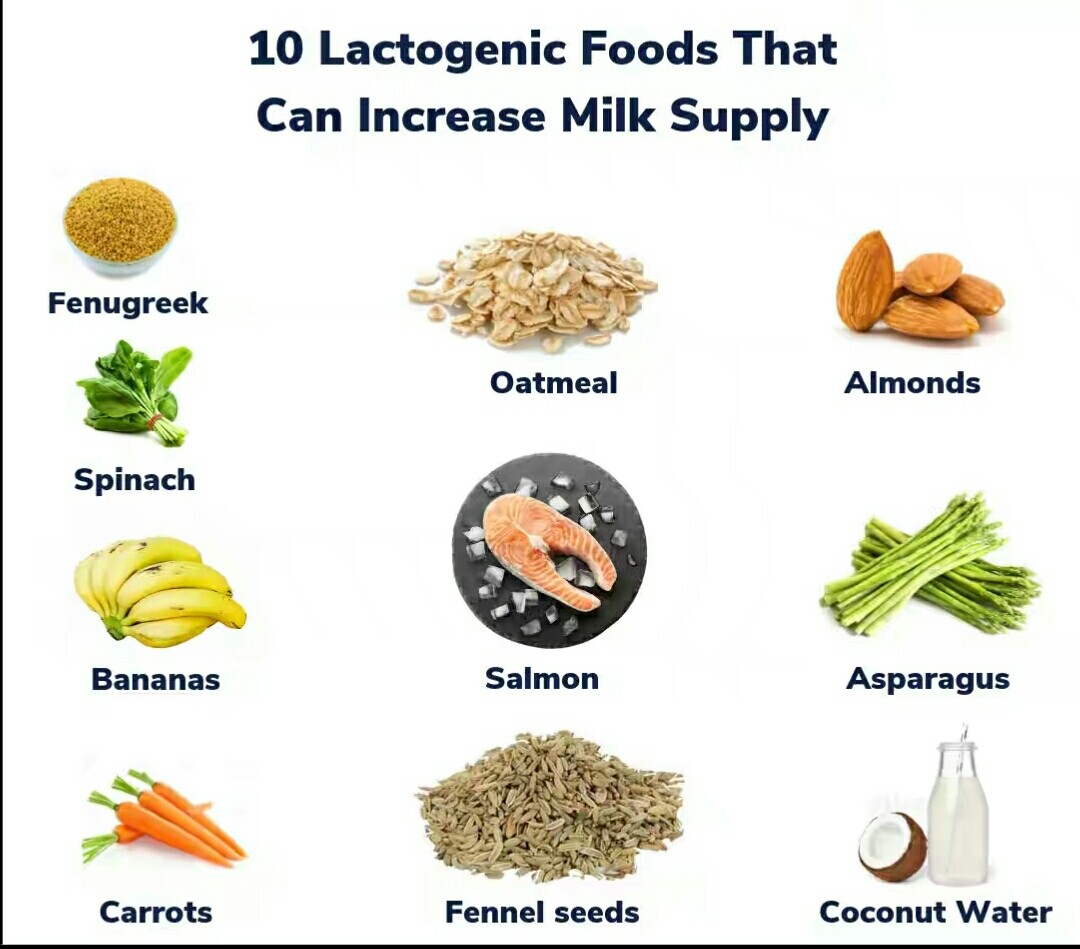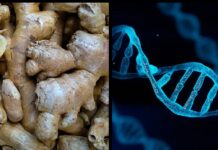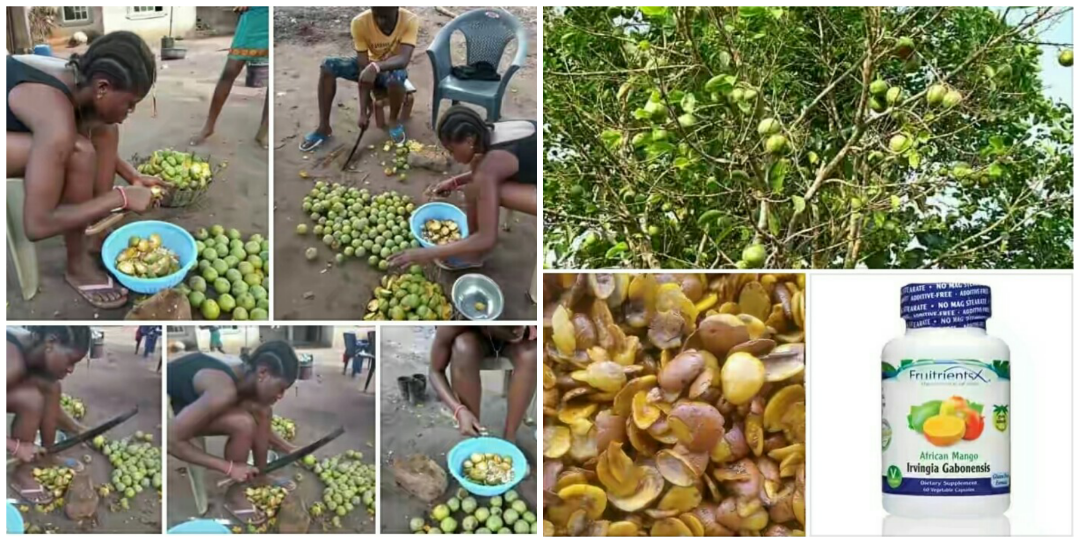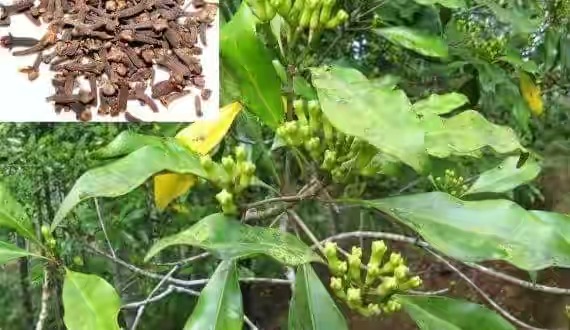Vitex doniana sweet or Black plum or Dinya (Hausa) or Oori nla (Yoruba) or Ucha koro (Igbo): A very useful plant under threat of extinction
Vitex doniana sweet or Black-plum or Dinya (Hausa) of the family Verbanaceae is widely spread in tropical West Africa and extending eastward to Uganda, Kenya and Tanzania and is also grown throughout the world as ornamental and as sources of wood and unusual chemical, some of which have medicinal properties. It is the commonest of the Vitex species in West Africa. It produces fruits which are plum-like, sweet and edible. The fruit is green when mature and changes to dark brown when fully ripe. It is a savanna species and can therefore be found in northern, eastern and western Nigeria. The fruits are also referred to as black-plum or African olive. Locally, it is used for making traditional candies, which bear the name “Alewa” in northern Nigeria. Dinya leaves are mixed with groundnuts, salt and pepper (dinkin dinya). The importance of the black plum can be attributed to its status as a multiple-use plant. For example, the plant is widely used for food, medicinal purposes and as a source of firewood. Vitex’s sweet prune-like fruit is edible and is occasionally sold.
Medicinal properties/Health benefits of Vitex doniana sweet (Black plum)
The leaves are also often used as vegetables, whereas almost all parts of the plant have medicinal properties. In Southern Benin, the mature leaves are used for the treatment of malaria, stomach ache, painful menstruation, burns, sterility, diarrhea, sore eyes, haemorrhoids, ulcers and dermatosis. The bark is utilized for the treatment of sterility, haemorrhoids, dysentery, upset liver, cough, diarrhea and dermatosis. The fruits are used to prepare wine and the pounded leaves are added to warm filtered sorghum beer. It has been reported that syrup similar to honey was produced from the fruit and that physico-chemical and sensory results showed that it can substitute for other syrups as a nutritive sweetener.
There are also reports of its use by various communities in Nigeria for many purposes and its potential for use in the production of wine and jam. Other reported uses of the tree include its stem bark extract for the control of hypertension and its anti-hepatotoxic effect (protecting liver against damage by noxious substances) and treatment of stomach ache, pains, disorders and indigestion. In Ghana it is used for treatment of colds and cough in children and its bark in treatment of sterility.
In Sierra Leone, the fruits are regarded as a remedy for deficiencies in vitamin A and B complex. In Eastern Sudan, the roasted fruits are said to be a substitute for tea. Dinya is rich in vitamin C; 100 g provide about 30 mg of vitamin C, which is 30% of recommended daily intake. It contains significant amount of potassium and magnesium, which play an important role in the prevention and management of hypertension.
Post-harvest studies carried out on V. doniana in Nigeria, showed that fungi were mostly responsible for post-harvest rot of the fruit. The commercial value of Vitex doniana has not been exploited at all despite the reported uses. The tree may be facing the risk of becoming extinct as farmlands and urbanization is gradually decreasing the availability. Older members of the society recall the trees growing at their backyards but now they have to look further into the bushes and forests to obtain (harvest) the fruits. Results of research have shown that Dinya may act as a galactogogue, that is stimulating the production of breast milk.
This is of particular importance, since we regard breast milk as the best milk and complete food for the newborns and young children up to the age of 5 months, but contributes a lot to the nutrition of children beyond the age of 5 months. In fact, it is recommended that mothers should continue to breastfeed their children for the period of 24 months. Vitex doniana has been demonstrated scientifically to possess therapeutic potentials against E. coli and K. pneumoniae and it could be used as a herbal drug for the treatment of diarrhoea and pneumonia, which reportedly are the main causes of child mortality (death) worldwide.
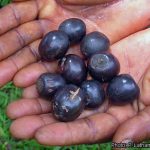
These are the thoughts of:
Sa’eed Halilu Bawa
Senior Lecturer (Associate Professor) at University of the West Indies, St. Augustine Campus, Trinidad.
Studied Food and Nutrition Sciences, Dietetics at Kaduna Polytechnic, Nigeria; Warsaw University of Life Sciences, Poland.





